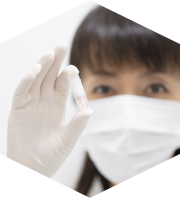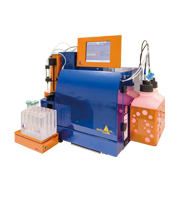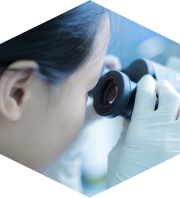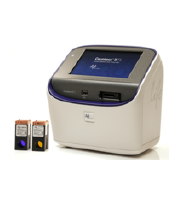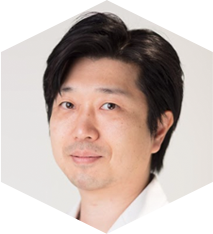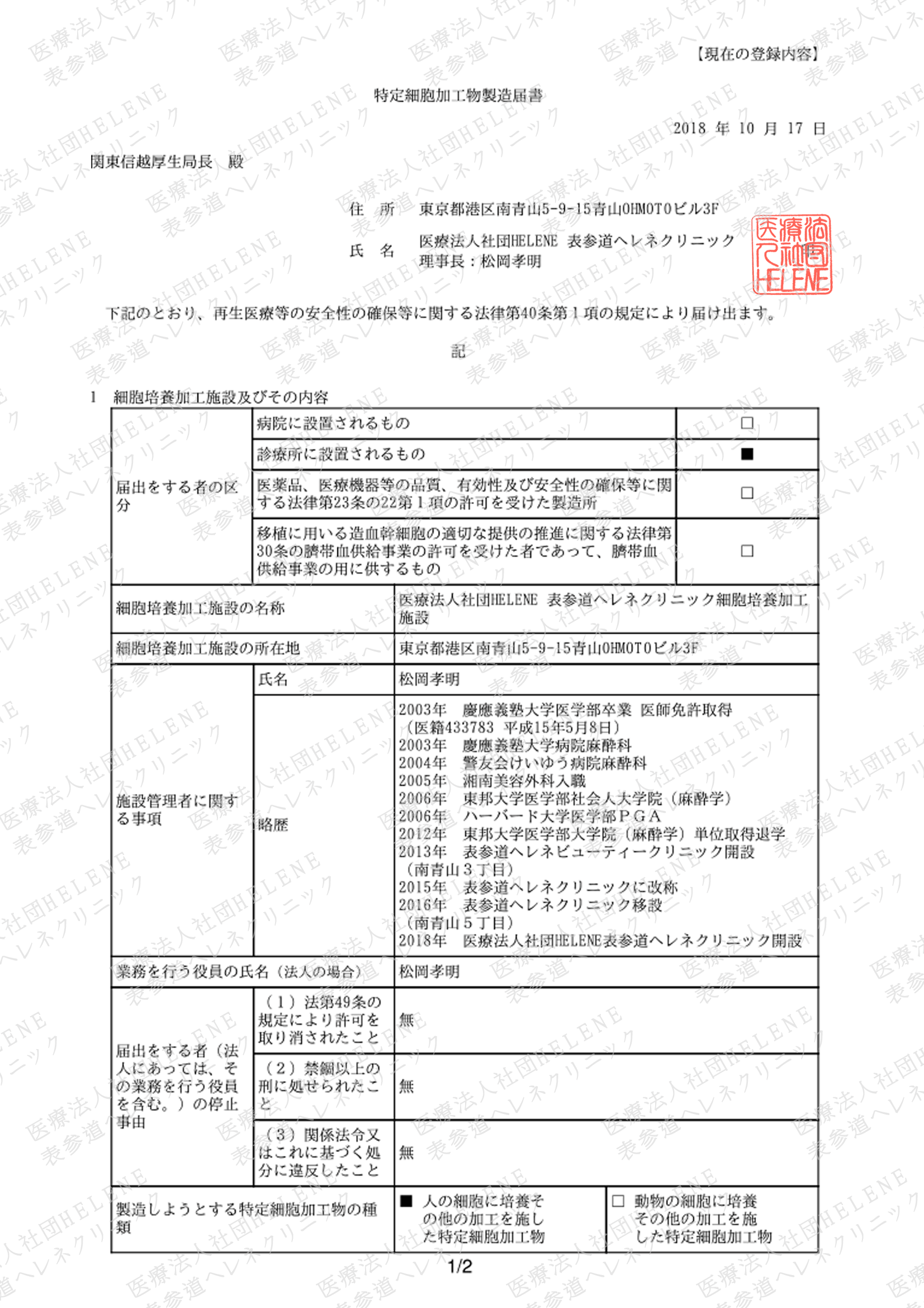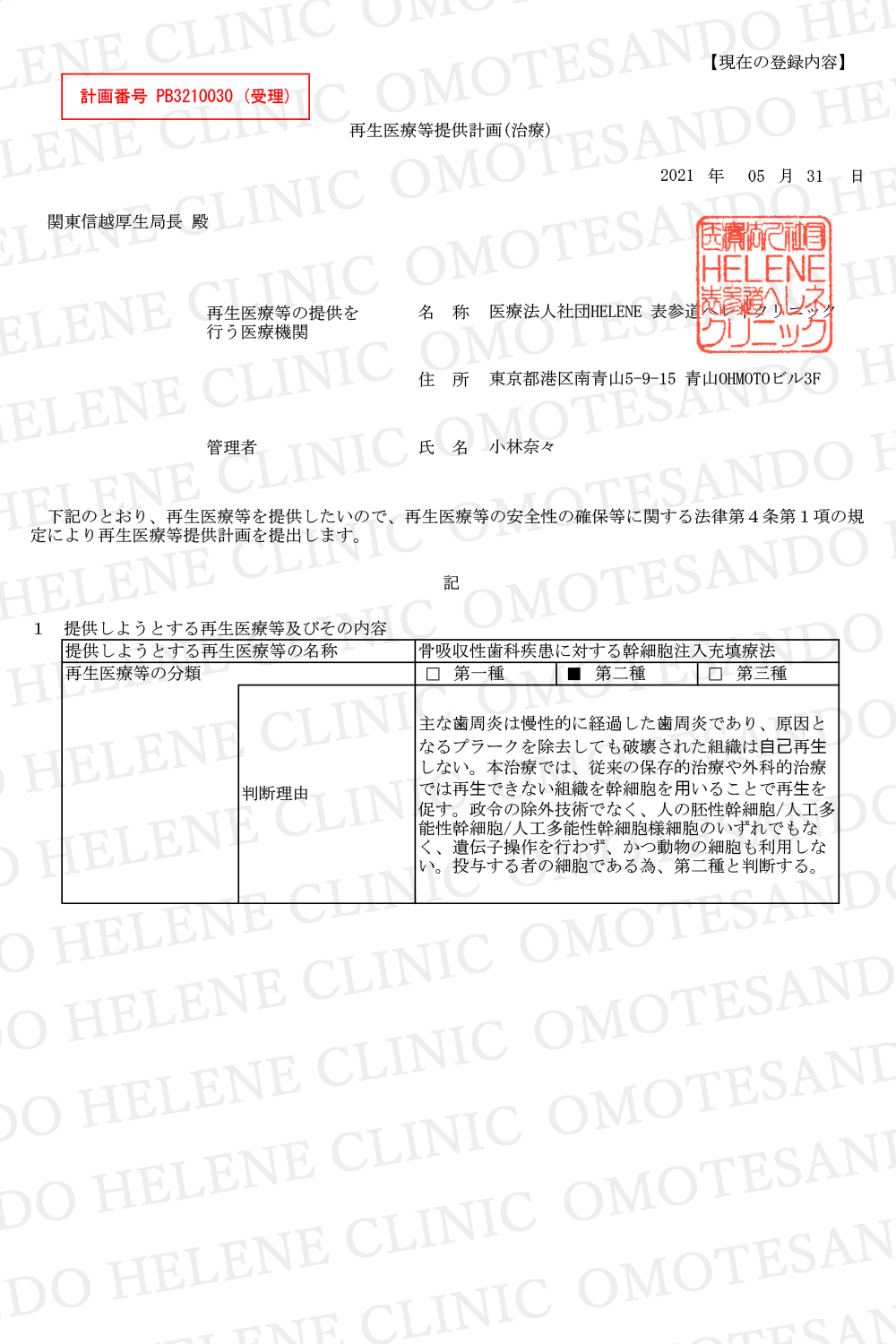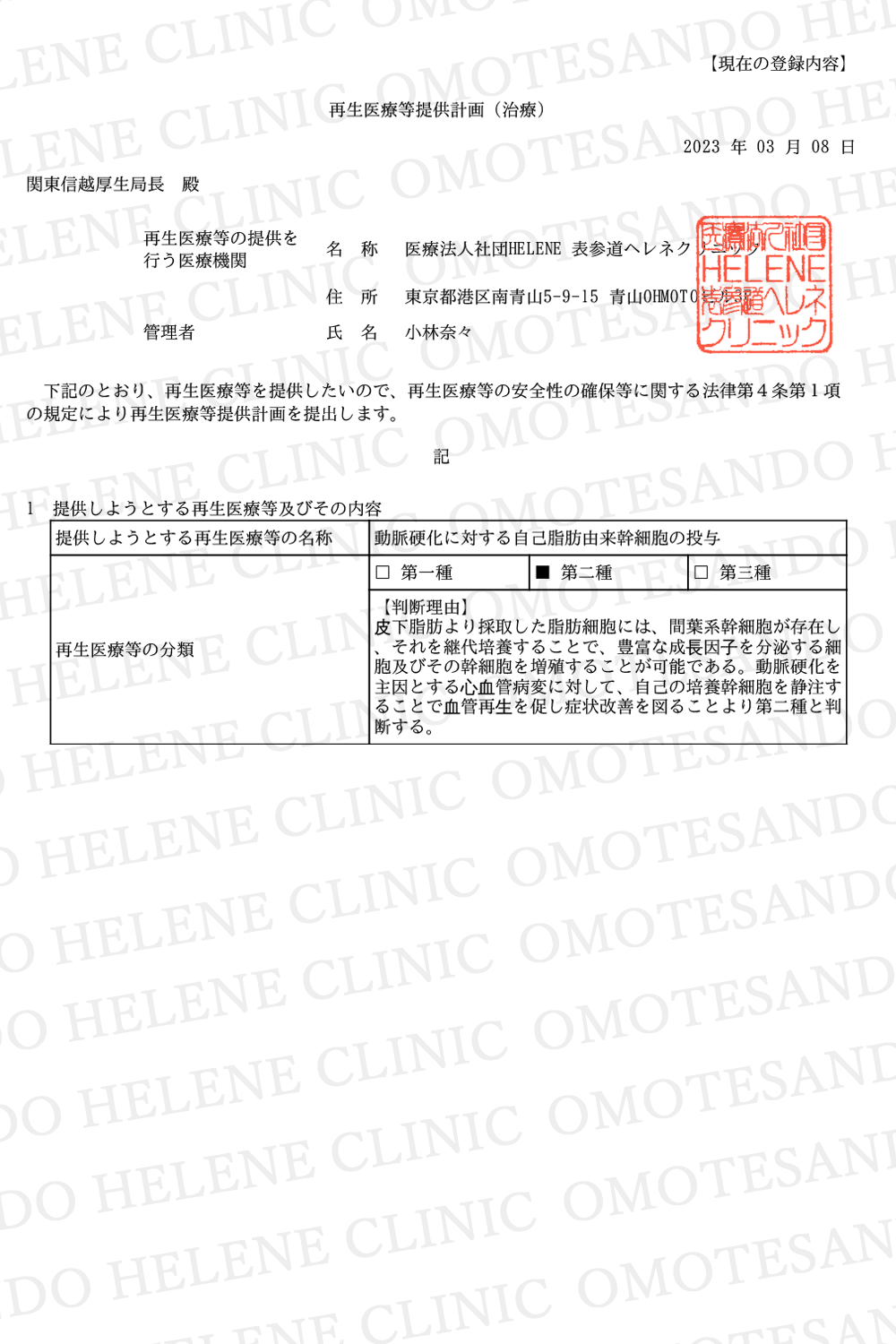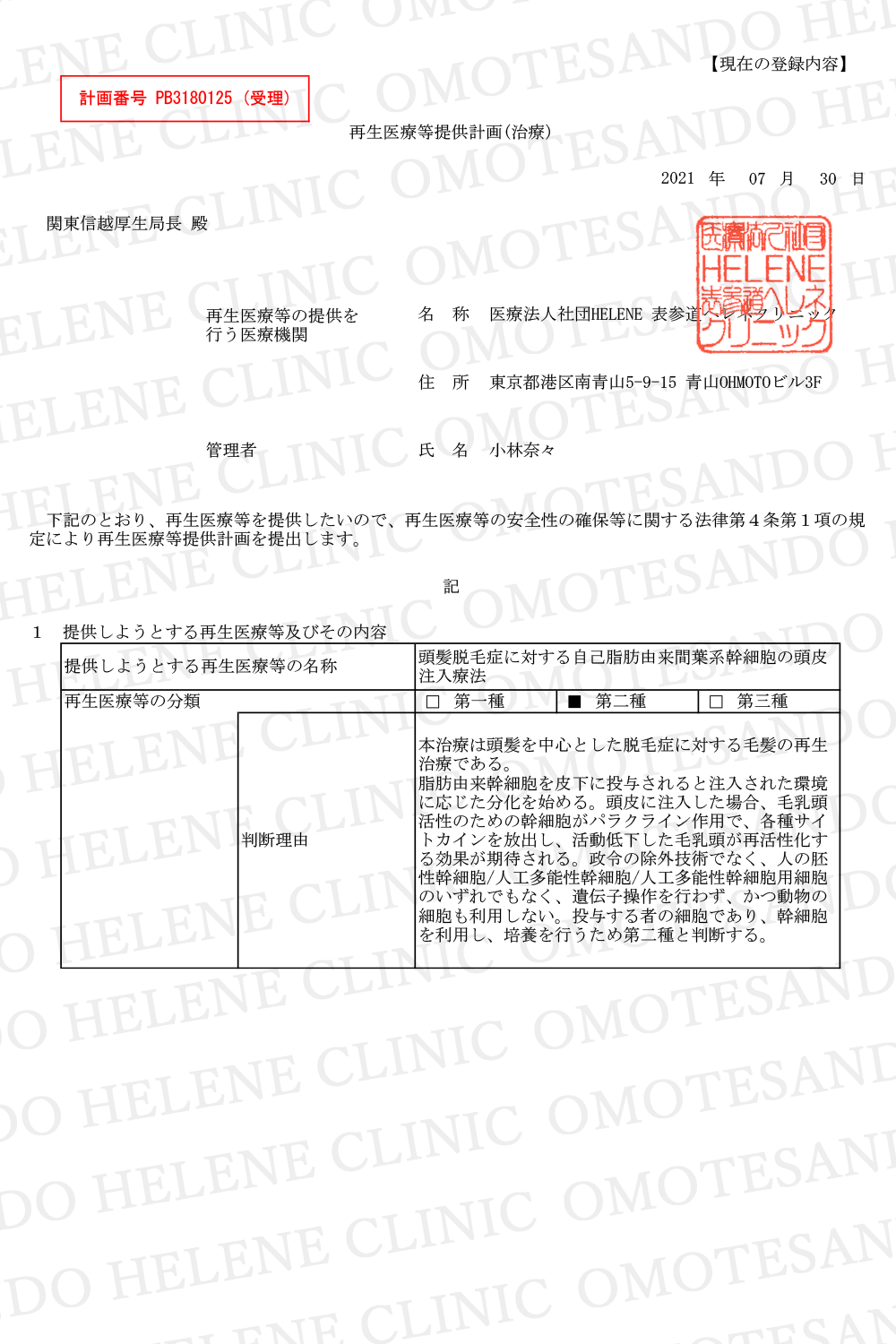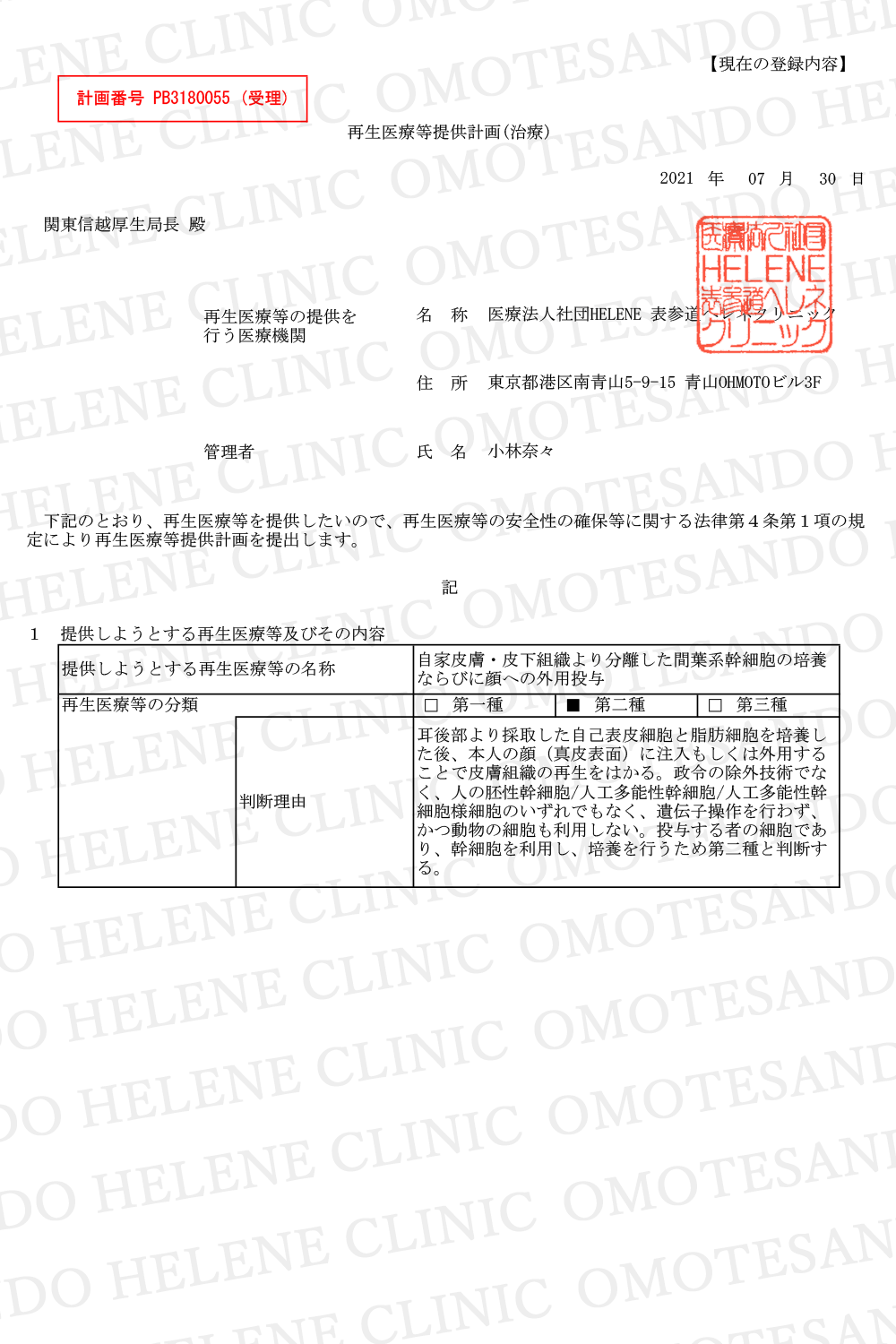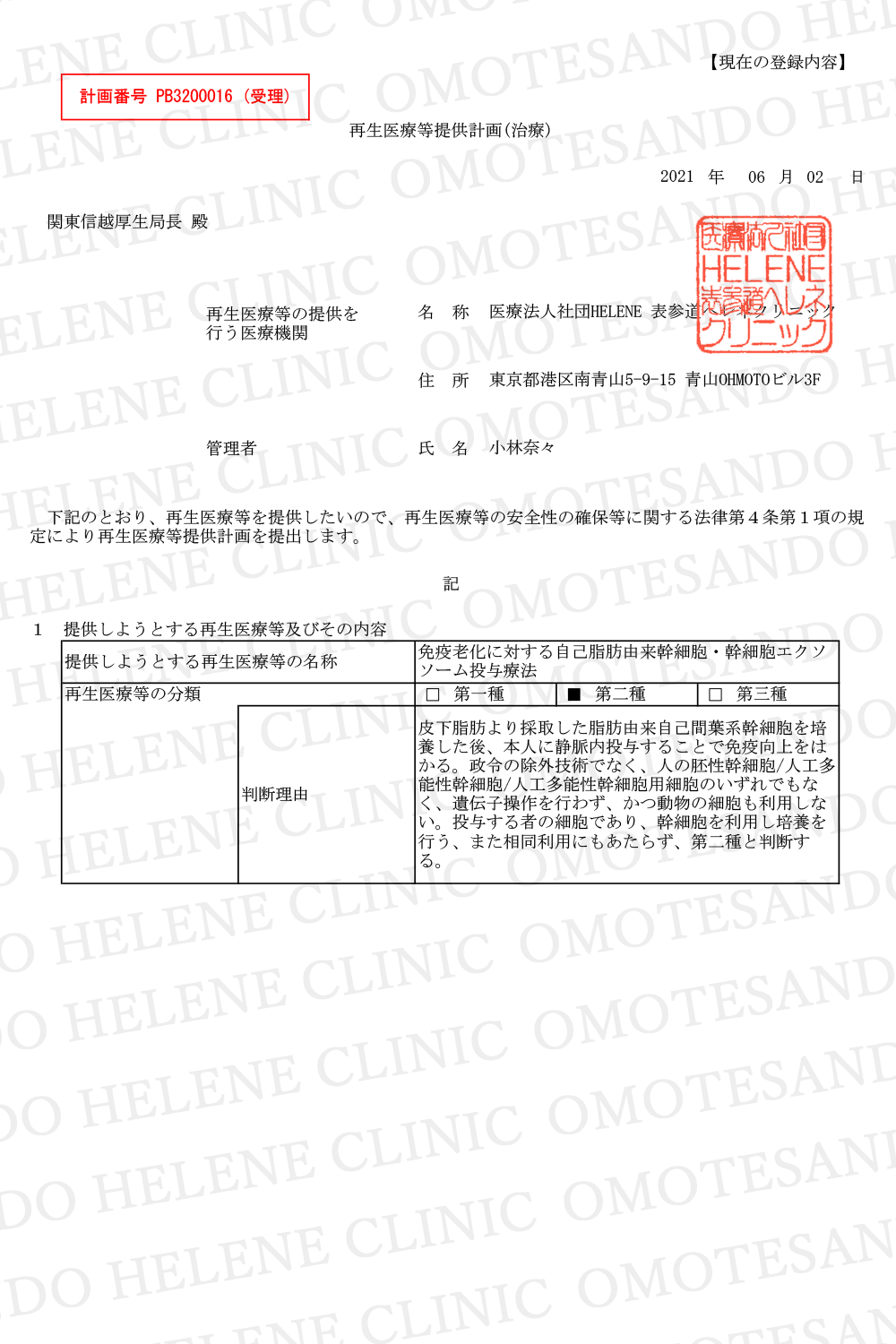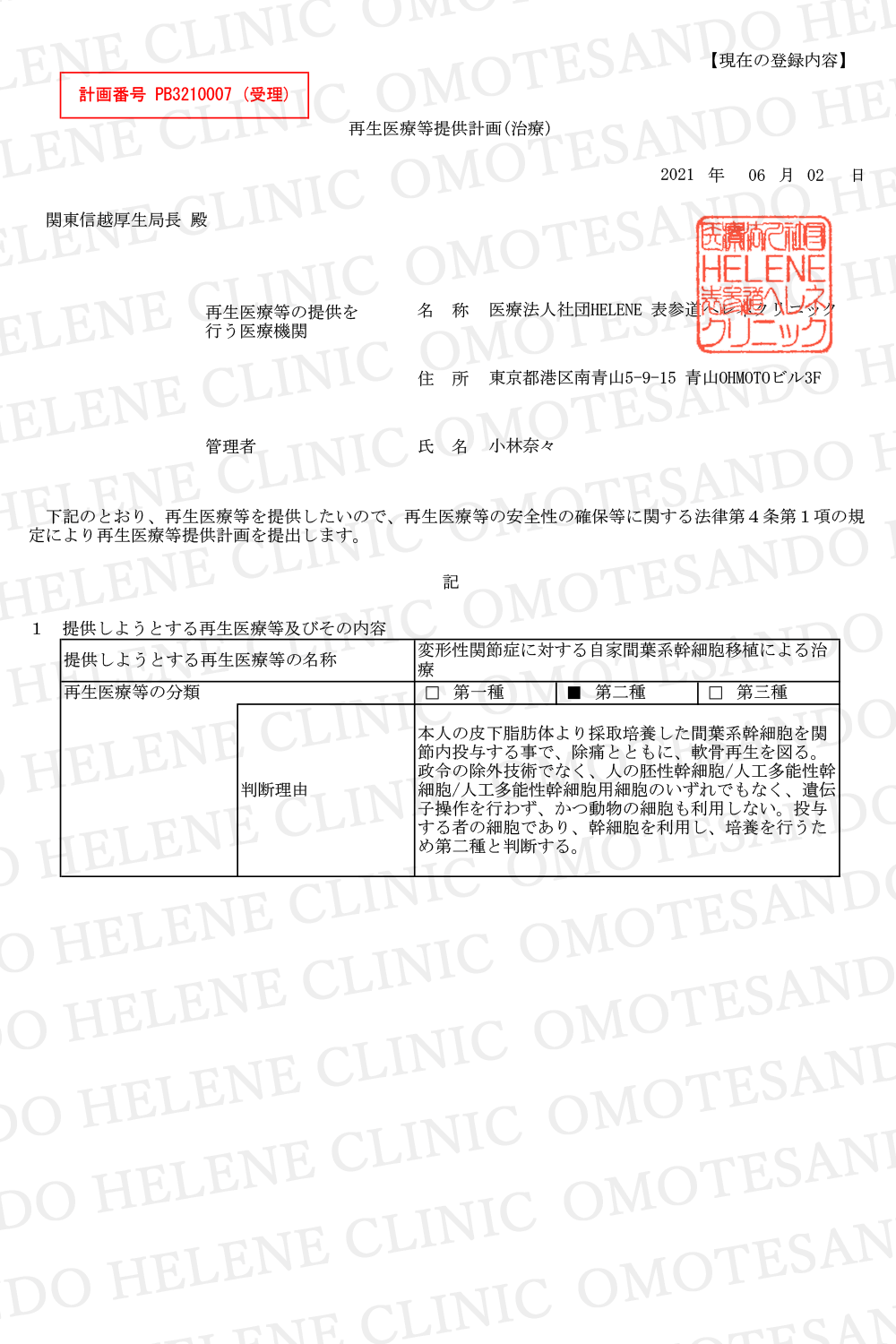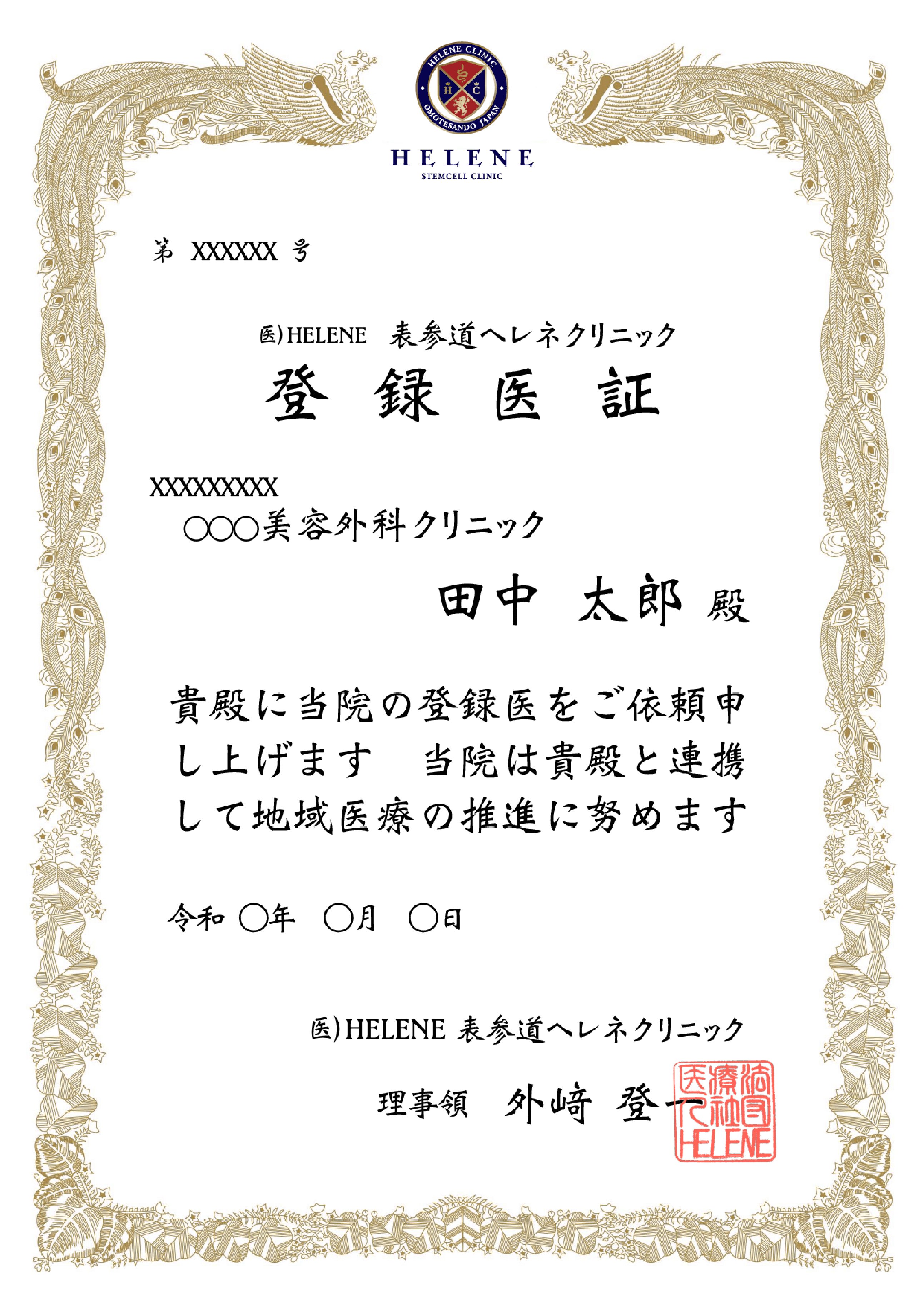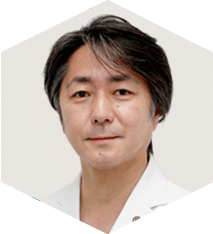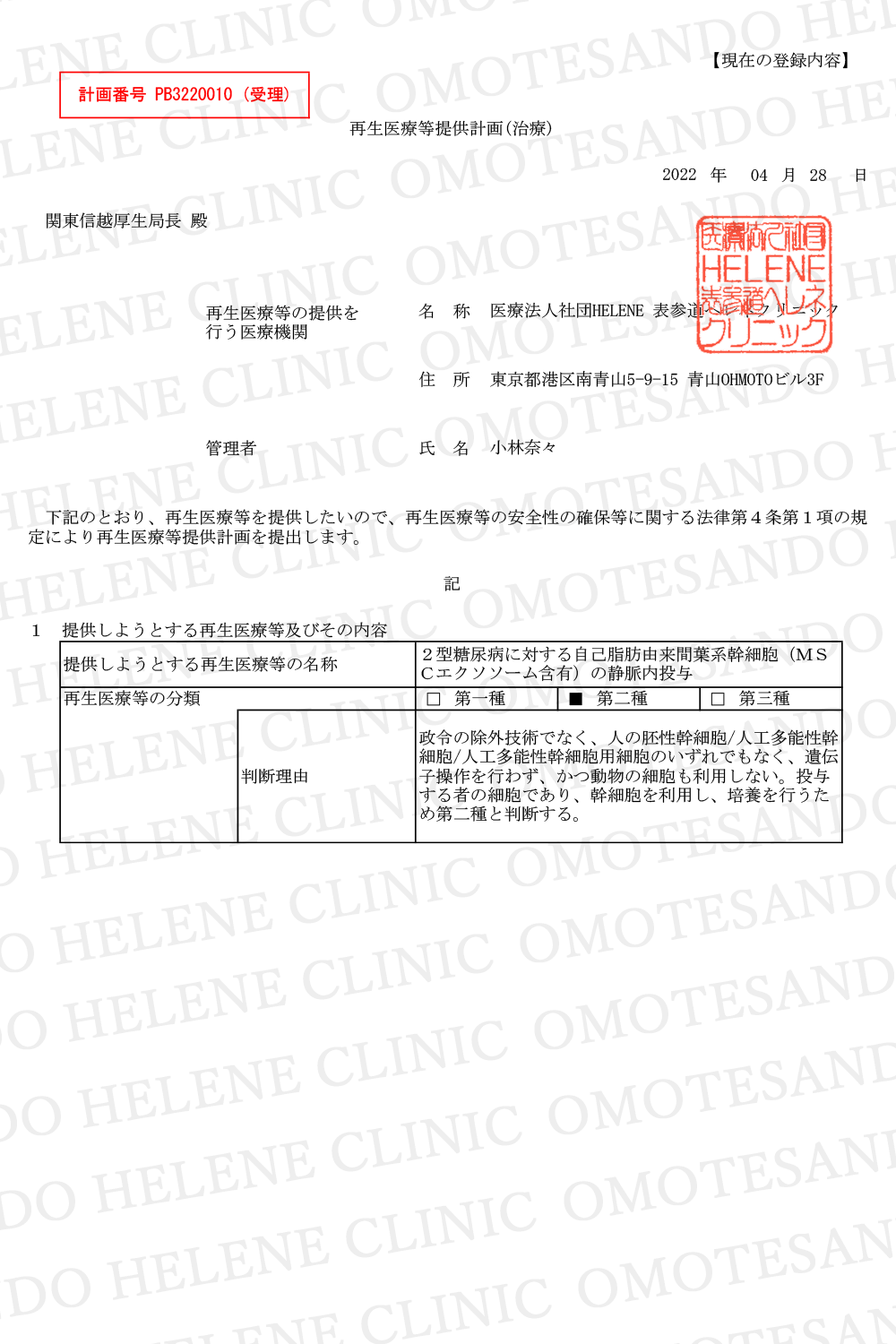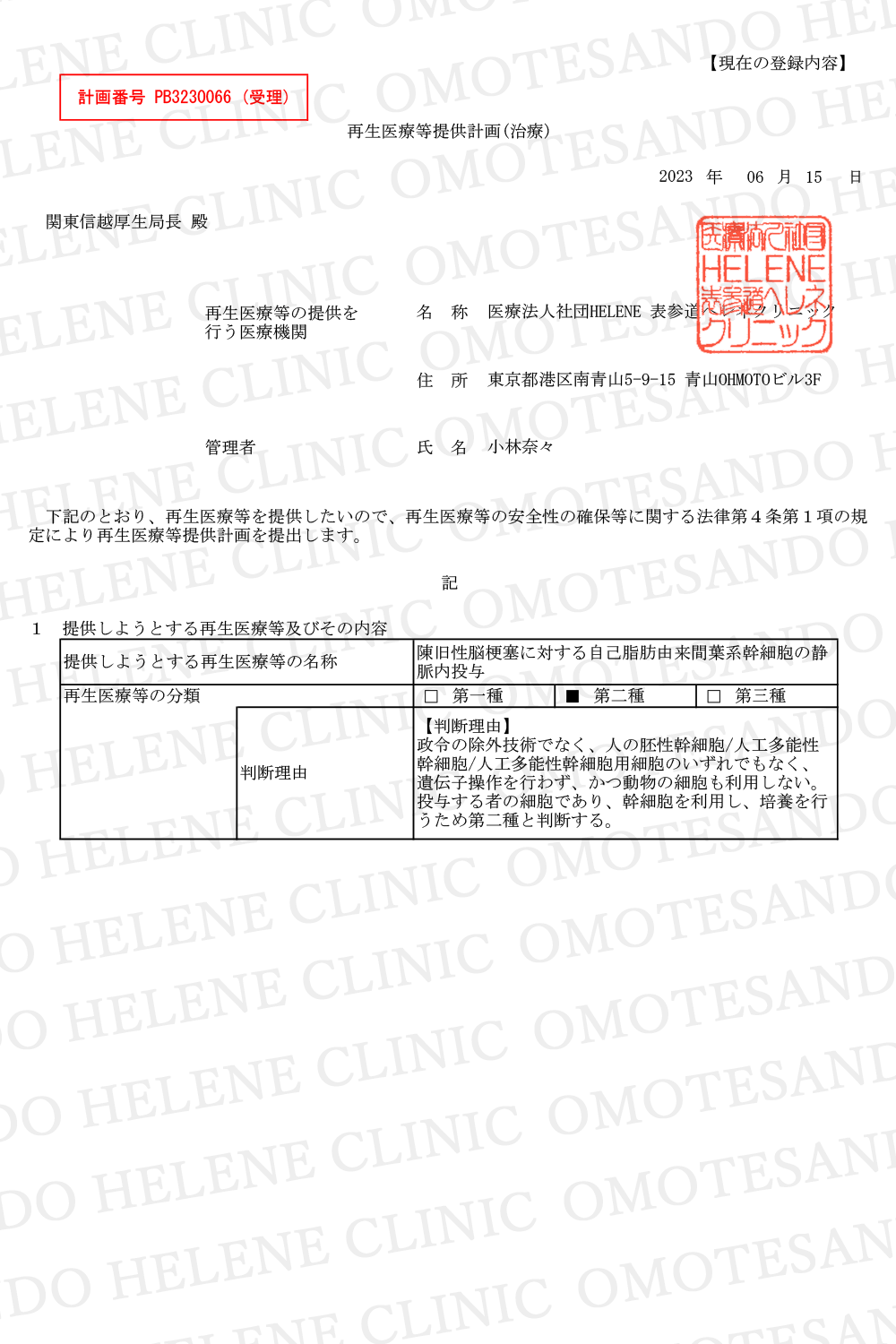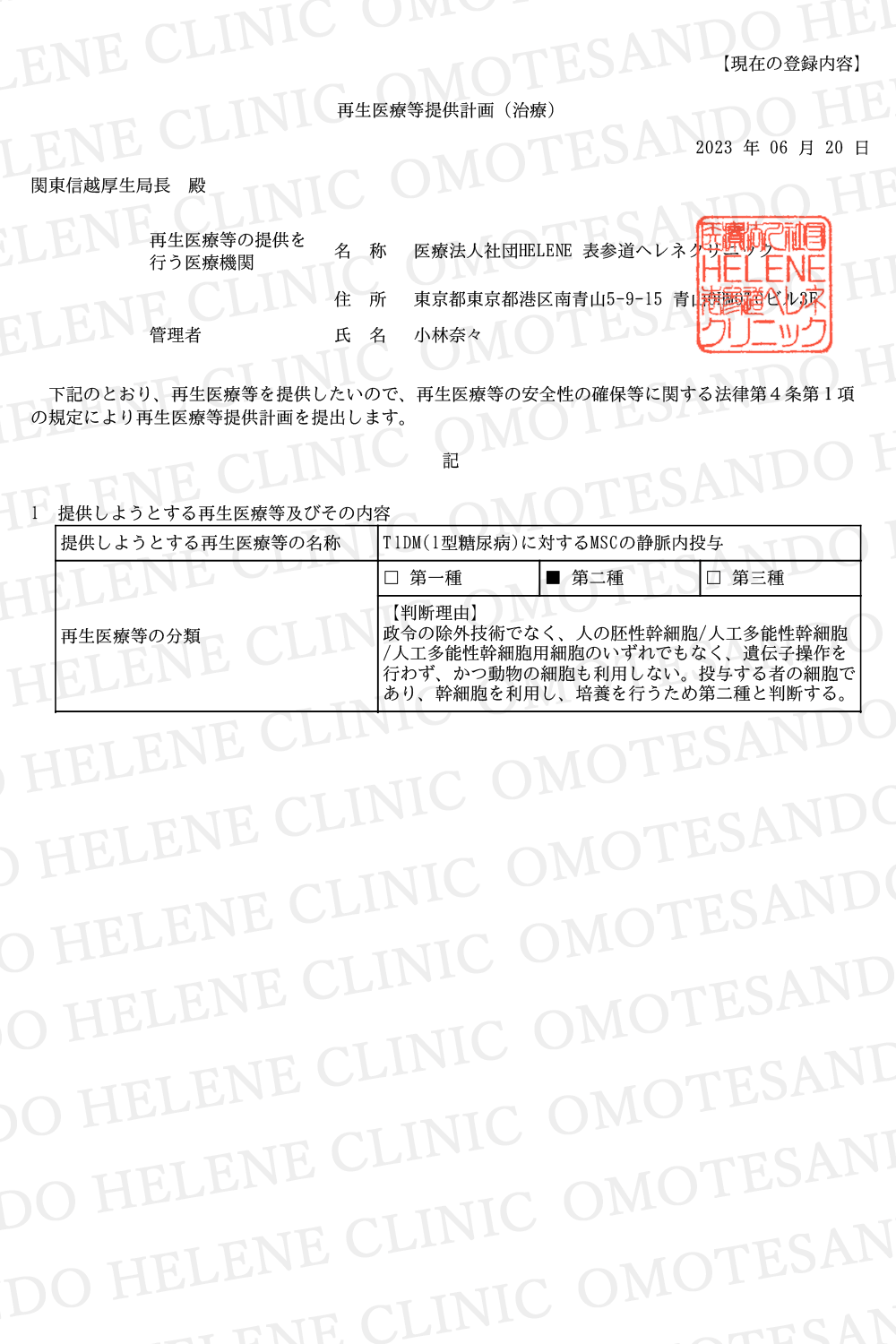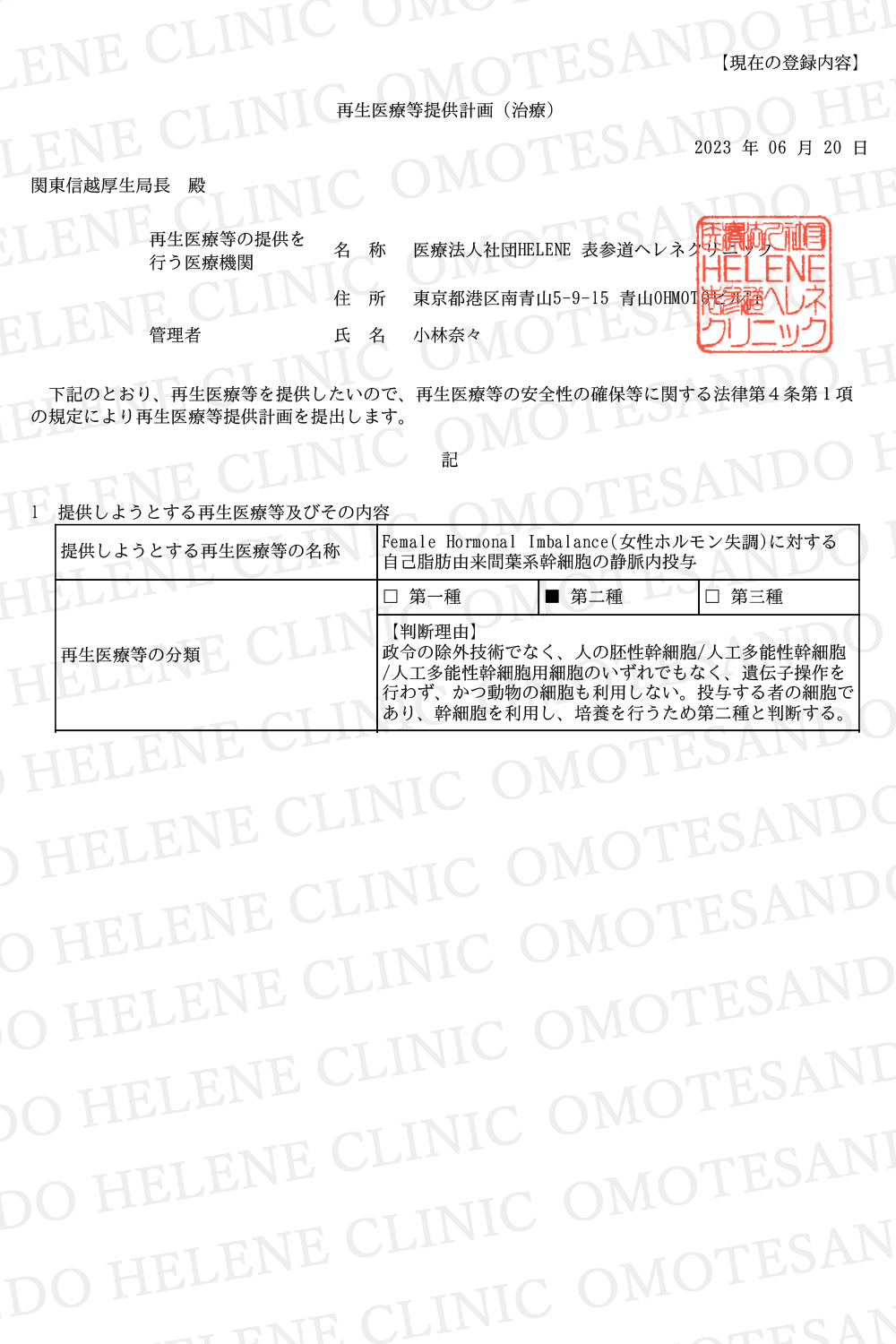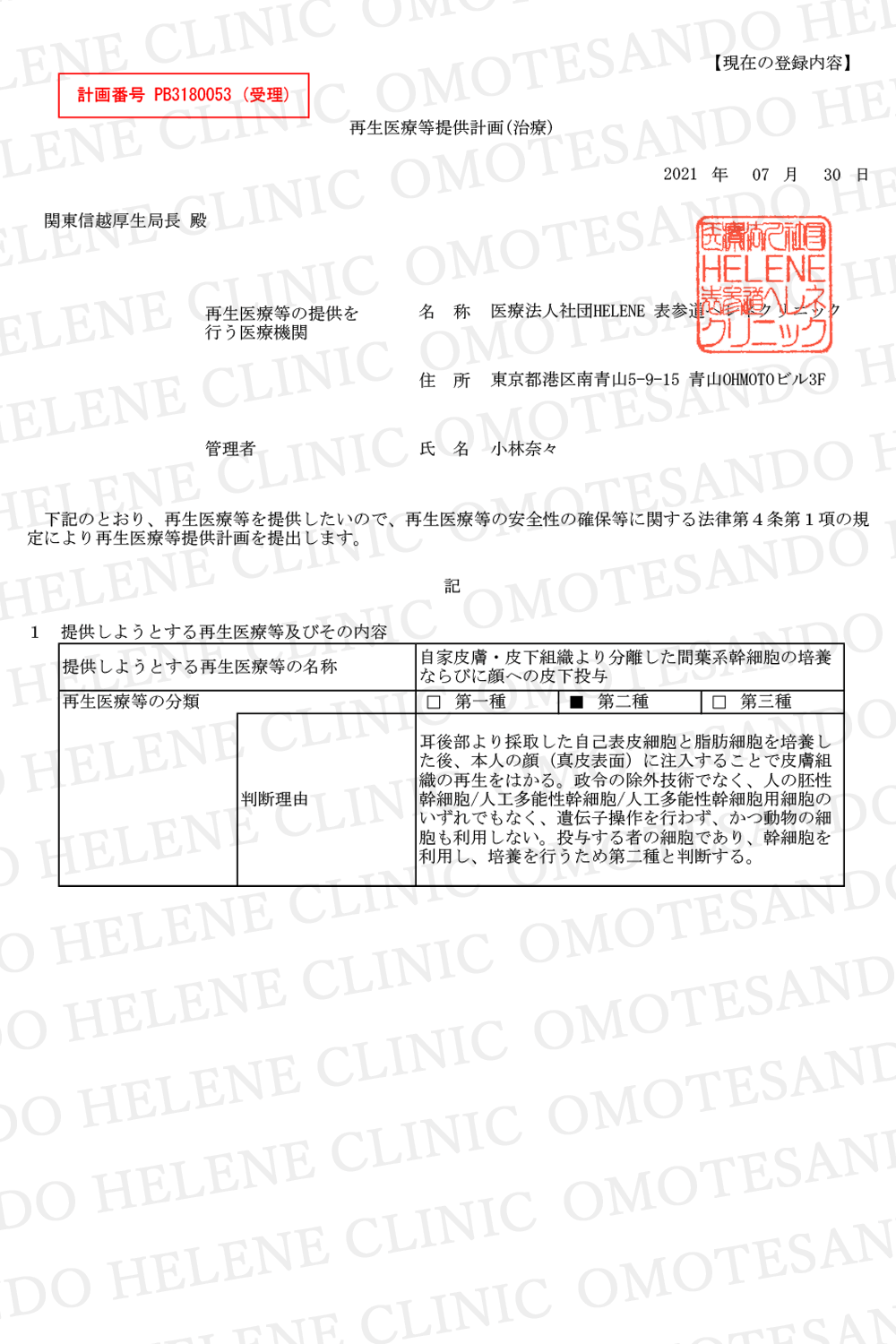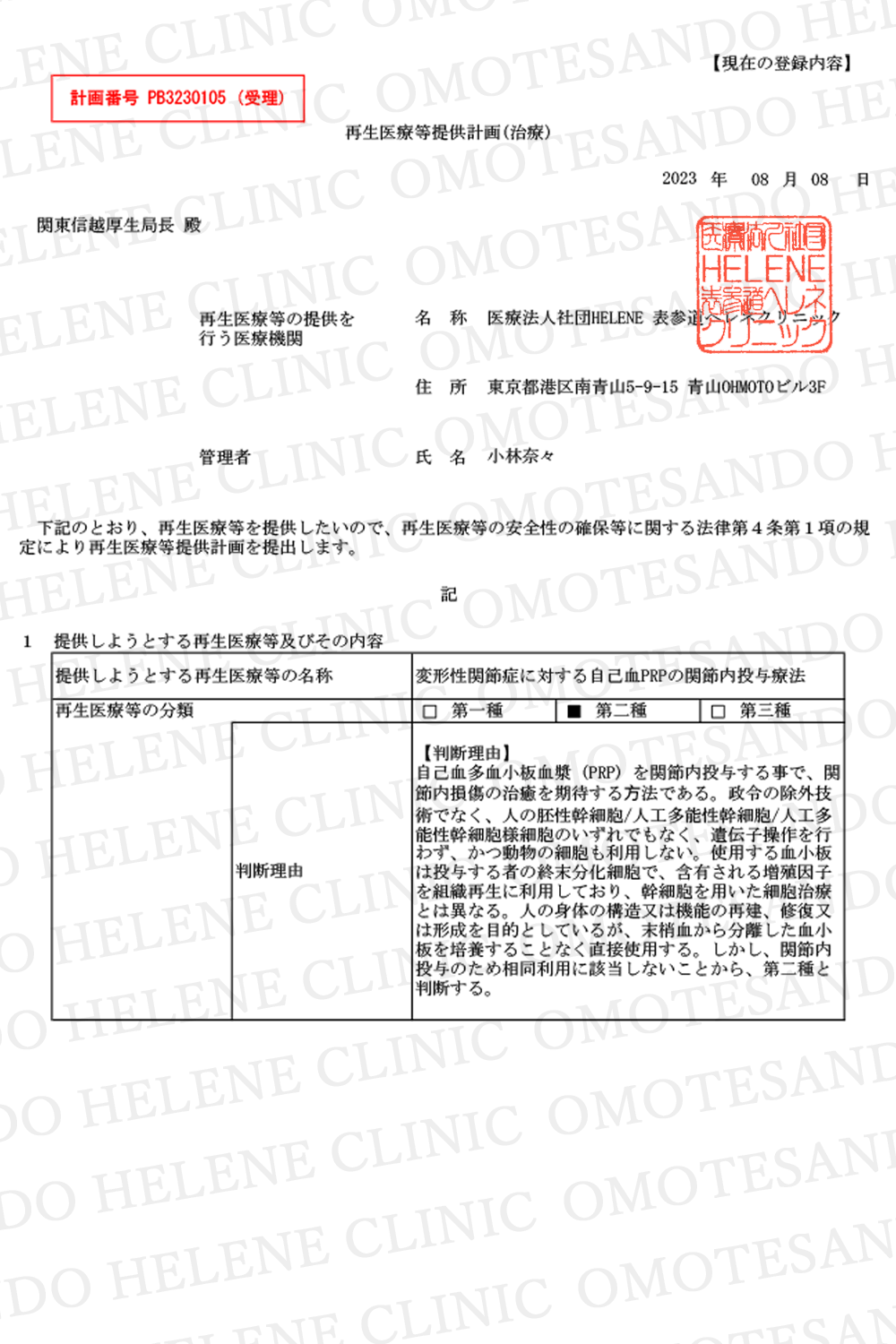Genome
Genome test
You can increase your limited time with genome testing.
Do you have such a wish?
☑ I want to know my future self
☑ Don't waste effort
☑ Interested in preventive medicine
Knowing your future risks now while you are healthy reduces your risk of developing the disease.
Genome testing at Omotesando Helene Clinic analyzes all of your genetic information and provides tailor-made treatments and improvement methods.
What is genomic testing?
A genomic test is a test that examines the entire genetic information contained in DNA.
Based on various omics test information, including individual "genomic information", the purpose is to propose the optimal treatment and improvement method for your physical constitution and medical condition. Diagnosis is performed using various medical information including results, and the most effective treatment/prevention and onset prediction are provided to patients.
For example, it is said that one in three people in Japan suffers from cancer. If we take a closer look, there are chemotherapy, hormone therapy, molecular target therapy, differentiation induction therapy, etc. There are also different drugs used, different methods of administration, etc. There are more treatments than can be discussed here. I'm here.
Here, I used cancer, which is said to be the most common, as an example, but it is true that there are several treatment methods for various diseases, not limited to cancer treatment. Finding the law by fumbling around is extremely difficult, takes time and money, and can even cost your precious life.
Your life will change if you can find the optimal medical treatment and constitution considering your constitution from genetic information.
That's why we need genomic testing.
What Genetic Testing Tells Us
In the genetic test at Omotesando Helene Clinic, two tests are performed.
1. Whole genome analysis
In this examination
1) the presence or absence of disease-associated mutations that would benefit future medical care if the test person knew the results;
2) Presence or absence of mutations that can cause such diseases for those who have a common disease in their family or relatives and are worried about contracting the same disease
We will report
In addition, it is also possible to analyze the information you want to know from all genome information.
2. Identify genetic risk for diseases caused by both genetic and environmental factors.
We analyze 83 items of disease, 5 items of constitution, and 3 items of drug response, and report the results that are important to you. The details are as follows.
Pharyngeal cancer (nasopharyngeal cancer), esophageal cancer (esophageal squamous cell carcinoma), gastric cancer, gastric cancer (scirrhous), gastric cancer (noncardia gastric cancer), colon cancer, liver cancer (hepatitis B virus), Liver cancer (hepatitis C virus), pancreatic cancer, laryngeal cancer (larynx squamous cell carcinoma), lung cancer, lung cancer (lung adenocarcinoma), lung cancer (lung squamous cell carcinoma), breast cancer, cervical cancer , ovarian cancer (epithelial), prostate cancer, bladder cancer, brain tumor (neural tumor), thyroid cancer (papillary cancer), non-Hodgkin's lymphoma, chronic lymphocytic leukemia
Type 1 diabetes, type 2 diabetes, obesity, gestational diabetes, amyotrophic lateral sclerosis, Parkinson's disease, restless leg syndrome, Alzheimer's disease, epilepsy, migraine, narcolepsy
Age-related macular degeneration, diabetic retinopathy, glaucoma, severe myopia, astigmatism, hypertension (essential), ischemic heart disease (angina pectoris, myocardial infarction), atrial fibrillation, cerebral infarction (atherothrombotic), cerebral artery Aneurysm, Takayasu arteritis (aortitis syndrome)
Chronic obstructive pulmonary disease, asthma, idiopathic pulmonary fibrosis, chronic hepatitis B, chronic hepatitis C, periodontitis, duodenal ulcer, Crohn's disease, ulcerative colitis, liver cirrhosis (primary biliary cholangitis) , liver cirrhosis (hepatitis C virus), non-alcoholic steatohepatitis
Atopic dermatitis, tantrum, male pattern baldness, acne (severe), keloid
Rheumatoid arthritis, gout (hyperuricemia), osteoarthritis,
Systemic lupus erythematosus, polymyositis/dermatomyositis, Sjogren's syndrome, ankylosing spondylitis, posterior longitudinal ligament ossification, lumbar disc degeneration, osteoporosis, lgA nephropathy, nephrotic syndrome, urolithiasis (renal stone), chronic kidney disease
Basedow's disease, thyrotoxic periodic paralysis, uterine fibroids, polycystic ovarian syndrome, bimenopause, endometriosis, psychoidosis, Behcet's disease
Alcohol degrading enzyme/alcohol flushing reaction, nicotine dependence, bitterness perception, salt-sensitive hypertension
CYP2C19, CYP2C9, CYP3A5
How can genetic information be used?
This is because genetic information, that is, genome information, is the basic blueprint of life.
A (adenine), G (guanine), C (cytosine), and T (thymine) are arranged in a row of about 3 billion letters, and the material consists of DNA. In 2003, the sequence (the arrangement of letters) was clarified, and it is said that the same genomic information exists in all human cells (approximately 60 trillion), and that the individual's genomic information is basically the same in all 60 trillion cells. I know that.
However, for some reason, when copying the genome, replication errors in which the character sequences are randomly replaced may occur, and these replication errors are related to diseases.
Large mistakes can cause genetic diseases and cancer, while small mistakes are related to general diseases and constitutions. We can provide preventive and therapeutic treatments that are right for you.
Diseases and constitutions are related not only to genomic information, but also to environmental factors such as lifestyle habits, so there are some areas that cannot be determined unconditionally. Predictions are possible and not just the domain of markers.
Why do we need genomic testing now?
Omotesando Helene Clinic believes that the superiority of genetic testing lies in "prevention".
If you know the genetic information, you can grasp the risks in advance from the genetic information, and you can do "prevention" that suits you.
In addition, once genetic information is tested, it will not change in the future, so it can be said that research in the field of genomics, which is attracting worldwide attention, will advance and make evaluations with even higher certainty possible.
Features of Helene Clinic Genomic Testing
Thorough Whole Genome Analysis
The feature of genetic testing performed at Omotesando Helene Clinic is that not only DNA extraction but also "whole genome" analysis is performed. Since we perform a mutation test for the ACMG gene, we can report information that cannot be obtained with a general genetic test. On top of that, a specialist will explain the risk of disease from the perspective of genetic factors.
Read and understand genome information according to your worries and anxieties
If you have physical anxiety or disease that you feel, you can read it from the genome information intensively.
Careful reporting by a genetic specialist
We will compare the information analyzed from the whole genome with the information you want to know, and report the information you need over time.
In addition, you will receive personalized advice based on your results.
Reliability of analysis results
DNA extraction is performed at a registered health laboratory and DNA analysis is performed at a CAP, CLIA, ISO or other accredited laboratory. We are making improvements every day to increase the accuracy of analysis for East Asians.
Inspection flow
① Please make a reservation at "Omotesando Helene Clinic".
② Based on the medical questionnaire, a specialist will provide counseling and explain the whole genome test.
③ Collect blood. (Analysis will be performed. It will take about 1 to 2 months.)
④ We will report the analysis results.
Omotesando Helene Clinic and our promise to you
Genetic testing is still an unfamiliar service in Japan, and we analyze your important information.
Hoping for the further development of medical care for people, we make the following promises.
① Security management of personal information
Entrusted data will be encrypted in an anonymous state and managed in a lockable vault.
② Reliability of analysis results
We use an analysis system created by scrutinizing all influential databases, including ClinVar and OMIM, which collect data on the relationship between diseases and genes from around the world.
③ Problem solving for long-term medical care
I will do my best for people's health.
Q&A Examination
At what age can genetic tests be taken?
As a rule of our hospital, we are basically targeting adults.
Will I be able to tell if I will be bald in the future through genetic testing?
can be investigated as a possibility.
What are the advantages and disadvantages of genetic testing?
As for the merits, it is highly possible that you can prevent illness by knowing your own information about your body so that you can take care of yourself before you get sick. In addition, since there is no change in genetic information, it will be possible to compare your own genome information with new findings as new research progresses in the future.
Also, about the disadvantages, you may know the results that are inconvenient for yourself. The inconvenient results may also affect your relatives, and some people do not want to know about it, so it is also important not to tell others about your results.
I'm wondering if I should be analyzed. Is there anything I should understand in advance?
Depending on the analysis results, you may know results that are inconvenient for you.



